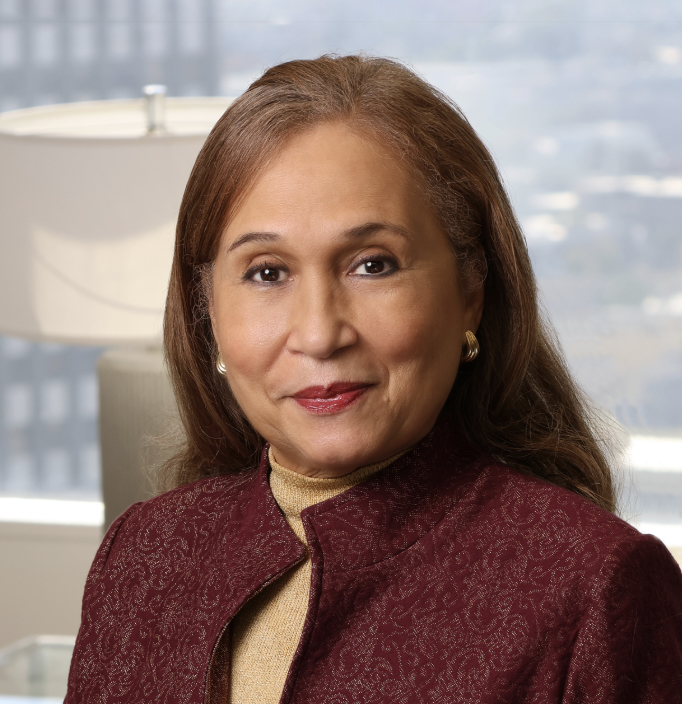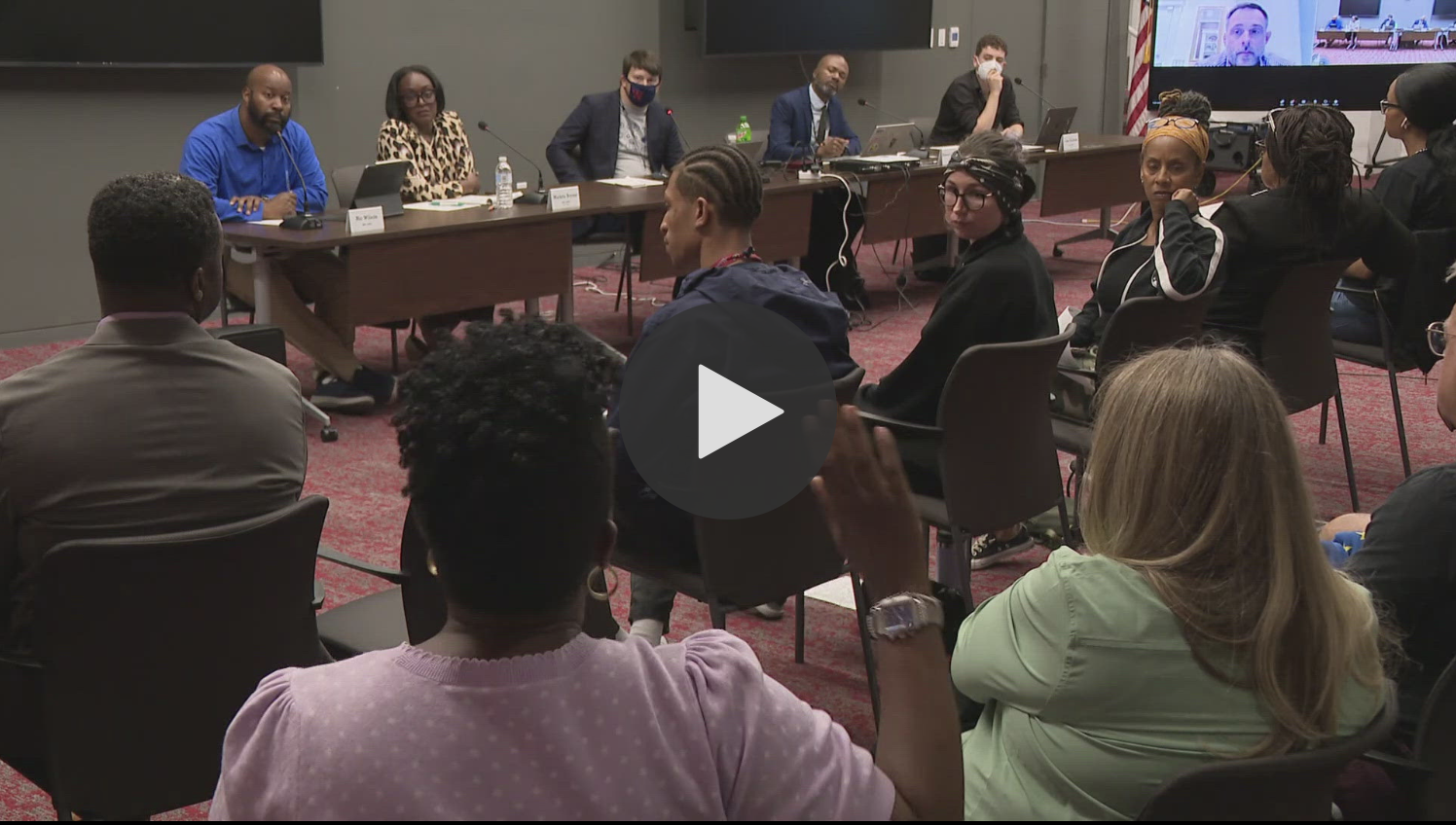McLEAN, Va. — Alexis Margaret Herman, the first African American to serve as U.S. Secretary of Labor and a tireless advocate for civil rights, workers’ protections, and women’s empowerment, passed away on April 25, 2025, at the age of 77. Her death marks the end of a long and impactful career in public service, business leadership, and community engagement.
Born in Mobile, Alabama, Herman’s life was defined by her unwavering commitment to social justice, equity, and economic opportunity for all. Her legacy reaches far beyond the positions she held, encompassing a lifetime of advocacy, mentorship, and barrier-breaking leadership.
Early Life and Education
Herman’s journey into activism and leadership began early. She was born and raised in Mobile, where she was shaped by the struggles and spirit of the segregated South. Determined to make a difference, she pursued her education at Xavier University of Louisiana, a historically Black Catholic institution, where she cultivated a passion for service and justice.
After graduating, she began her career with Catholic Charities in Mississippi, where she worked on community and economic development initiatives to uplift impoverished communities. Her early work placed her directly in the fight against systemic inequality and positioned her as a rising leader in the realm of public advocacy.
Mentorship and National Recognition
Herman’s potential was recognized early on by Dr. Dorothy Height, the legendary civil rights and women’s rights leader. Under Height’s guidance, Herman deepened her commitment to public service and advocacy. She would later go on to lead the Dorothy I. Height Education Foundation, further advancing educational and social equity in underserved communities.
By the age of 29, Herman was making national headlines. In a bold move that reflected both her talent and the trust she had earned, President Jimmy Carter appointed her to lead the Women’s Bureau at the U.S. Department of Labor. In this role, she spearheaded efforts to promote workplace equity, expand employment opportunities for women, and advocate for pay parity and family-friendly policies.
A Political Force and Presidential Advisor
Herman’s influence continued to grow through the 1980s, where she made her mark as a key strategist in the presidential campaigns of Reverend Jesse Jackson in 1984 and 1988. Her work helped elevate civil rights issues in national politics and strengthened coalitions between Black communities and progressive political movements.
In the 1990s, Herman assumed increasingly powerful roles in Washington. She served as Chief of Staff for the Democratic National Convention, and was later appointed Assistant to the President and Director of the White House Office of Public Liaison during the Clinton administration, where she acted as a bridge between the White House and the public, including labor leaders, civil rights groups, and business organizations.
Making History: U.S. Secretary of Labor
In 1997, Alexis Herman was appointed U.S. Secretary of Labor by President Bill Clinton, making history as the first Black woman to lead the Department of Labor.
During her tenure, Herman focused on inclusive workforce development, fair labor standards, and improving worker protections across industries. She was instrumental in implementing policies that strengthened the minimum wage, improved access to job training, and increased labor representation in federal discussions. She also promoted a more modern, diverse workforce, pushing for the inclusion of women, minorities, and people with disabilities in labor policy discussions.
Her leadership earned praise from both sides of the aisle for its professionalism, compassion, and focus on practical outcomes.
Civic and Corporate Leadership
Even after her time in government, Herman remained a prominent voice in both corporate and civic spaces. She served on numerous corporate boards, lending her insight to matters of ethics, diversity, and labor relations.
Simultaneously, she remained deeply connected to her community through her involvement in organizations such as the National Council of Negro Women (NCNW), The Links, Incorporated, the National Urban League, and Delta Sigma Theta Sorority, Inc., where she mentored young women and promoted public service.
She was also an influential speaker, sharing lessons from her own experiences while encouraging others—especially young women of color—to pursue leadership in government and business.
Personal Life and Legacy
Alexis Herman was preceded in death by her husband, Dr. Charles Franklin, Jr., who passed away in 2014. She is survived by her stepchildren—Charles J. Franklin, Michelle Franklin, and Shari Smith—as well as her nephew, Kirke Herman, Jr. (Teresa); her cousins, Bernard (Moncenya) Broadus, Robin Broadus Iwuoha, Lori Hendricks, and Darryl Hendricks.
She also leaves behind a wide network of more than 20 Godchildren, longtime friends, mentees, and professional colleagues who were inspired by her dedication and mentorship. To those who knew her personally and professionally, Herman was more than a public figure—she was a guide, a cheerleader, and a tireless champion for justice and opportunity.
Celebration of Life
A funeral service for Herman was held at Washington National Cathedral on May 14, 2025, at 10 a.m.. She was later laid to rest in her hometown of Mobile, Alabama, where her legacy first took root.
In lieu of flowers, her family requested that donations be made to two institutions that helped shape her life and values: Heart of Mary School and Xavier University of Louisiana.
Remembering a Trailblazer
Alexis Herman’s death marks the passing of a historic figure who shattered barriers and redefined what leadership could look like in the highest halls of power. Her contributions to labor rights, civil service, and women’s empowerment have left an indelible impact on the nation she served so faithfully.
In the words of one colleague, “She walked into rooms where no one like her had stood before—and made space for generations to follow.”












Leave a Reply